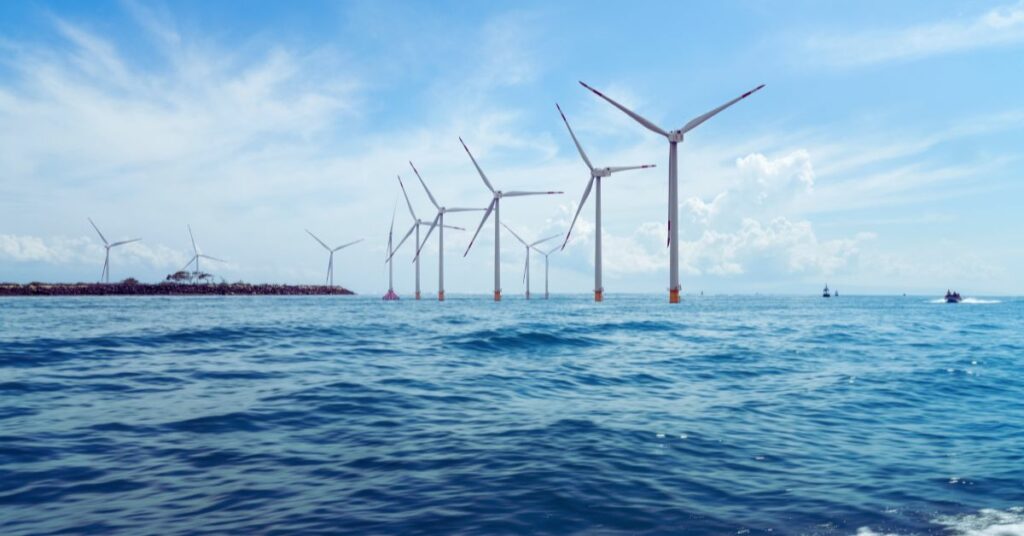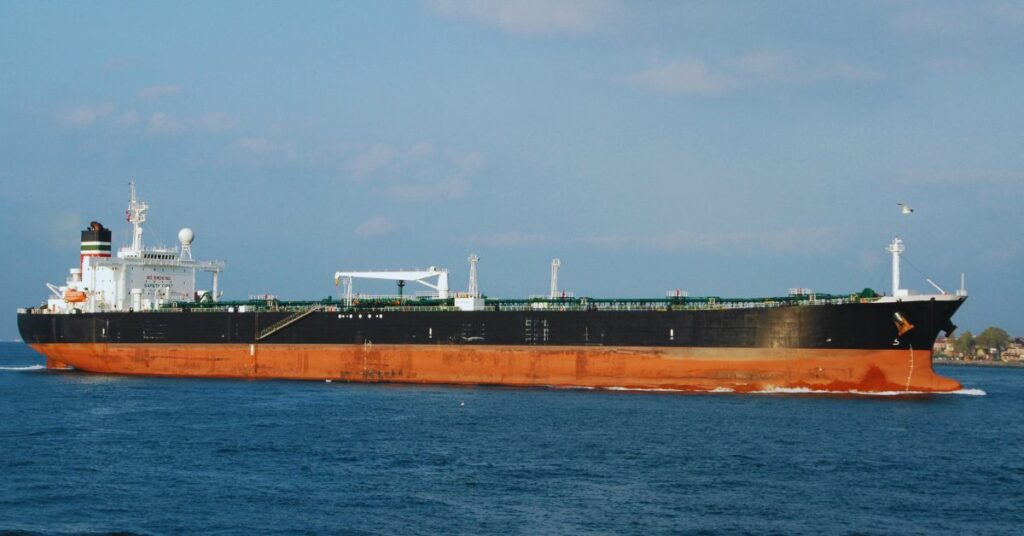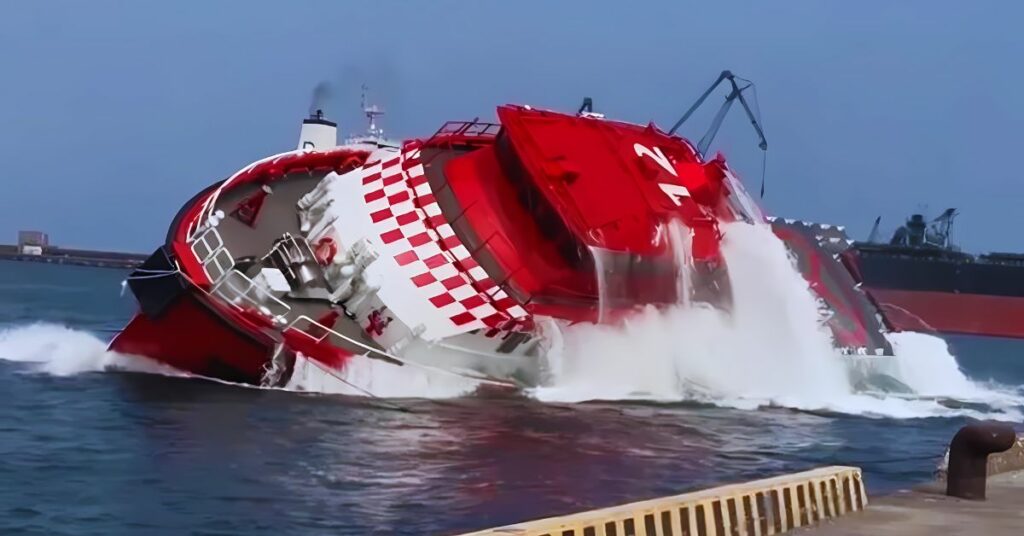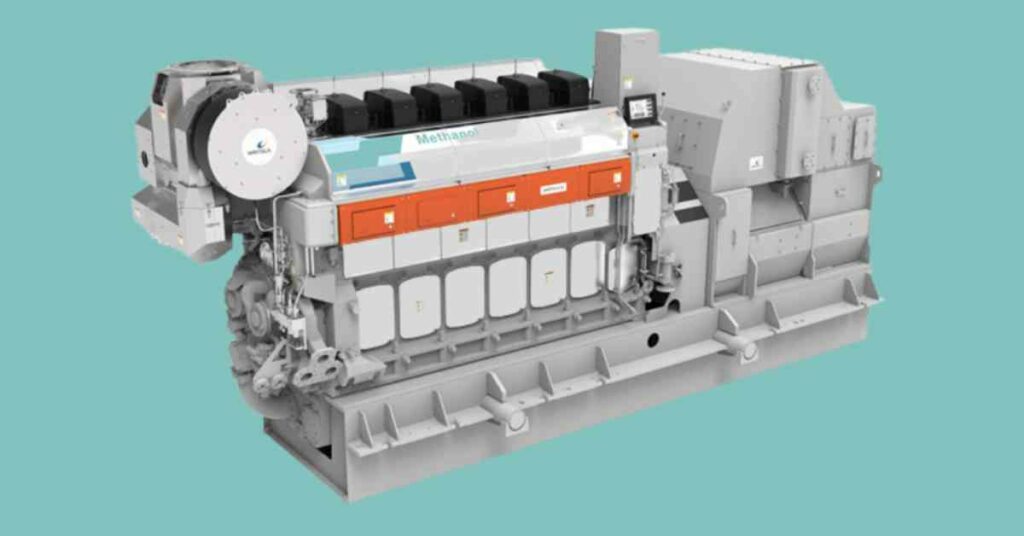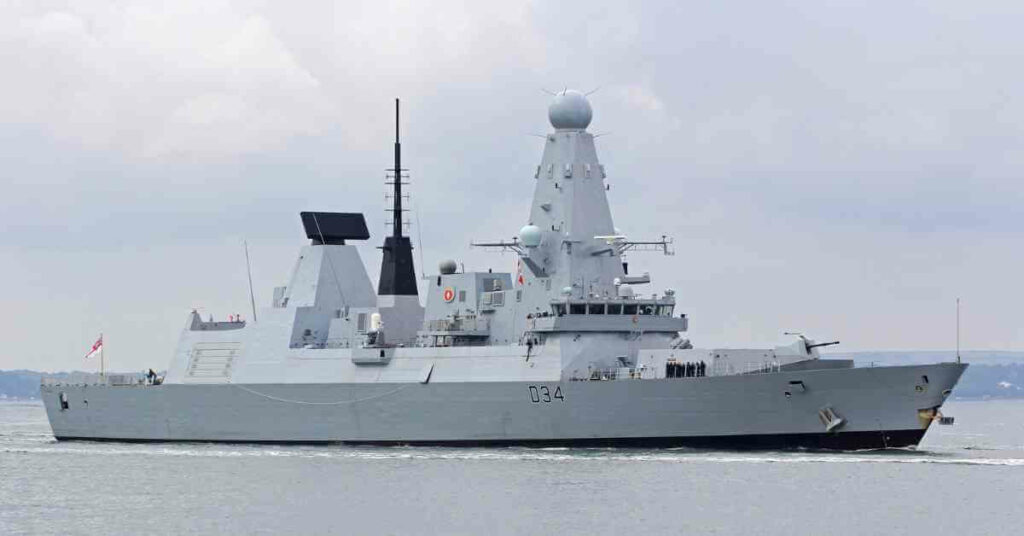Rerouting Cargo Ships Away From The Red Sea Is Increasing Carbon Emissions
Vessel emissions are expected to increase due to the continuous interruption of trade routes through the Red Sea, causing ships to divert from the Suez Canal. To reduce risks, shipping companies increasingly use alternate routes to reach their destinations instead of the Red Sea, a historically significant commerce route.
Cargo ships sailing from Asia to Europe are now forced to go around the southern edge of Africa rather than through the Suez Canal. This rerouting may result in a more than one-third increase in travel times, which raises emissions and fuel consumption. Although many kinds of ships use the Suez Canal, container ships are expected to be most affected because there are only a few alternatives to get the goods and components they send to European consumers.

Shippers of completed and semi-finished items, such as electronics, apparel, furniture, and gym equipment, frequently rely on producers solely headquartered in Asia, compared to shipments of crude oil, fuels, ores, and agricultural goods, which may find alternative producers. As a result, they are forced to choose the longer path to get to Europe’s consumer capitals.
For example, a ship travelling from Shenzhen to Rotterdam, the largest container port in Europe, would now have to travel almost 13,000 nautical miles and spend at least 41 days across southern Africa instead of the about 31 days it would have taken in the past while using the Suez Canal. Due to this change, shipping companies pay more for workforce, fuel, and vessel hire, raising the possibility of late fines for agreed-upon deliveries.
Furthermore, longer travel distances result in increased emissions during the trip. An average container ship transporting 150,000 metric tons of cargo will emit 41,000 tons of carbon dioxide during each trip over the Suez Canal from southern China to Rotterdam. This emissions toll, however, increases to about 55,000 tons when the route around the southern tip of Africa is taken, meaning that every vessel that carries the lengthier journey to Europe must emit an extra 14,000 tons of CO2.
The total effect on emissions is significant, particularly considering that in the last 30 days, over 20 container ships have left China for Rotterdam. Vessels that sail faster in 2024 than on average in 2023 could contribute to an even more enormous emissions toll by raising the amount of pollutants. Future shipping emissions could rise even more if more ships are forced to change their routes due to the Red Sea disruptions.
Reference: Reuters
Disclaimer :
The information contained in this website is for general information purposes only. While we endeavour to keep the information up to date and correct, we make no representations or warranties of any kind, express or implied, about the completeness, accuracy, reliability, suitability or availability with respect to the website or the information, products, services, or related graphics contained on the website for any purpose. Any reliance you place on such information is therefore strictly at your own risk.
In no event will we be liable for any loss or damage including without limitation, indirect or consequential loss or damage, or any loss or damage whatsoever arising from loss of data or profits arising out of, or in connection with, the use of this website.
Disclaimer :
The information contained in this website is for general information purposes only. While we endeavour to keep the information up to date and correct, we make no representations or warranties of any kind, express or implied, about the completeness, accuracy, reliability, suitability or availability with respect to the website or the information, products, services, or related graphics contained on the website for any purpose. Any reliance you place on such information is therefore strictly at your own risk.
In no event will we be liable for any loss or damage including without limitation, indirect or consequential loss or damage, or any loss or damage whatsoever arising from loss of data or profits arising out of, or in connection with, the use of this website.
Do you have info to share with us ? Suggest a correction
About Author
Marine Insight News Network is a premier source for up-to-date, comprehensive, and insightful coverage of the maritime industry. Dedicated to offering the latest news, trends, and analyses in shipping, marine technology, regulations, and global maritime affairs, Marine Insight News Network prides itself on delivering accurate, engaging, and relevant information.

About Author
Marine Insight News Network is a premier source for up-to-date, comprehensive, and insightful coverage of the maritime industry. Dedicated to offering the latest news, trends, and analyses in shipping, marine technology, regulations, and global maritime affairs, Marine Insight News Network prides itself on delivering accurate, engaging, and relevant information.
Latest Shipping News Articles You Would Like:
Subscribe To Our Newsletters
By subscribing, you agree to our Privacy Policy and may receive occasional deal communications; you can unsubscribe anytime.




